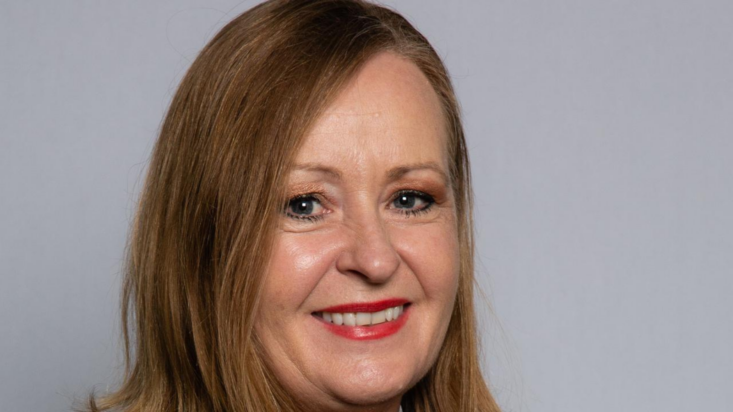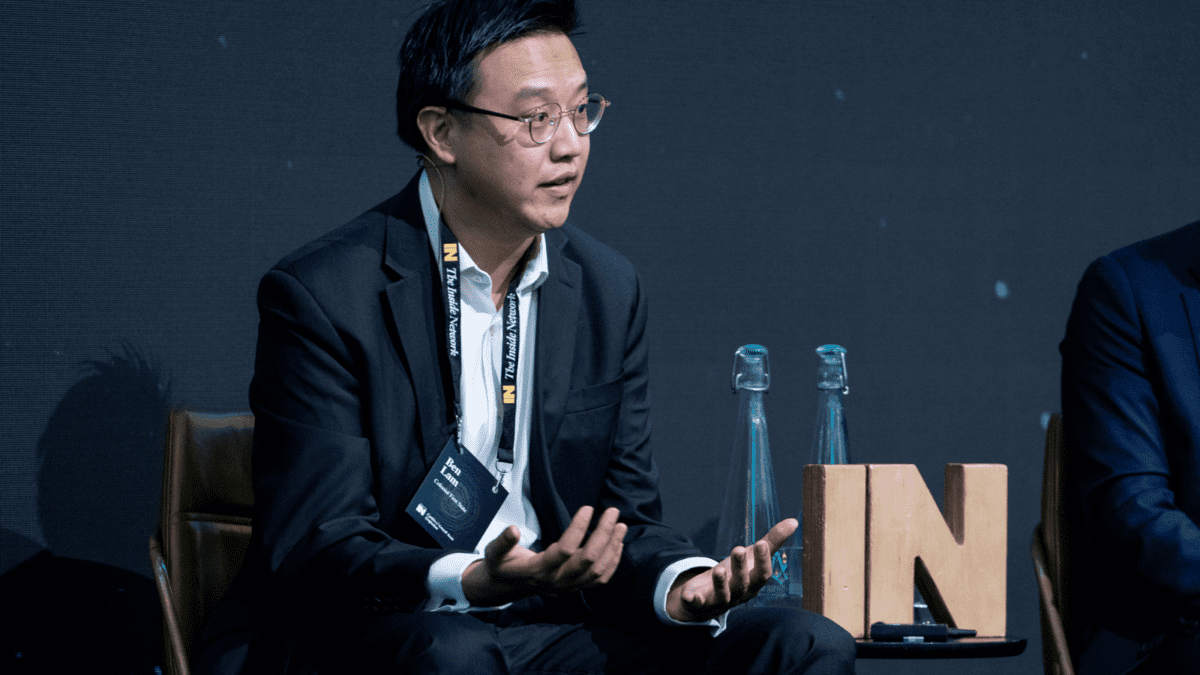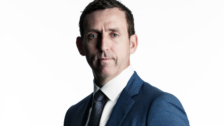Not-for-profit world a path to a wealth of personal experience
Liz Wheatley is a financial adviser with a difference: her client base is exclusively charitable organisations and philanthropists. Their needs are not only investment advice, but help with building their fundraising and governance capacity to ensure that they’re sustainable over the very long term.
“It’s about making sure that the organisation is financially protected in the long term, but also that it’s able to allocate funds into projects and purpose as it continues to evolve,” she says.
An associate partner, investment advisory, community and social investments, at Perpetual, Wheatley works with a range of charitable and not-for-profit (NFP) organisations, ranging from those with a corpus of a couple of million dollars in reserves to her biggest client with more than $160 million.
“There are two strands to what I do,” she tells The Inside Adviser. “The first is the work to establish and maintain the strong governance underpinnings that NFPs need, and the second is to build the financial and investment structures and strategies that help them manage their financial challenges – for example, rising demand for the services they provide, variable funding, market volatility and regulatory change.”
It is a common misconception that charitable organisations are highly conservative investors, and that their investment philosophy is based primarily on avoiding loss; at least, as a generalisation.
“It depends; there’s a spectrum,” Wheatley explains. “Our philosophy is ‘protect and grow’ – protect the capital base first, and then grow it in a way that considers and manages risk. Some clients can be very conservative – as in, ‘don’t ever lose me any money’ – but some can actually be quite aggressive, because the fund is ‘in perpetuity’ in nature, which means they can handle some volatility along the way.”
“We have some very growth-oriented clients; they might have cash outside that provides some balance, but most of our clients shave a reasonably strong bias towards growth assets, unless they are super-conservative. This kind of portfolio has to maintain pace with inflation, and rising costs across the sector, so if you’re super-conservative you’re probably going backwards.”
Matters of the heart
The non-investment side is just as vital as the investment part, she continues.
“With the NFPs, we’re really focusing on governance, strategy, value alignment, and constant contemplation of stakeholder expectation – whether that be those that the organisation serves, or those that support the organisation such as donors, the public and governments.
“For example, I work with a girls’ school, its students are very concerned about the environment and a just world, and those schools can’t invest in things that are not aligned to the values of the current girls – and the former students – expect.
“Similarly, if you’re working with an organisation like Mission Australia, the people that it serves are often disadvantaged people, so it would never want to be seen investing in gaming or alcohol or predatory lending, for example. We think about all those sorts of things from a governance perspective and then structure and perspective when we’re developing portfolios and investment approach for a client like that.”
The investment advice side has been “challenging” in recent years, she says.
“We’ve had some uncomfortable conversations. It’s not their money, and they’re very much aware of the responsibility they have to the people they serve. Those are the times when you get really close to your clients, when you’re talking to them about the details, unpacking what’s going on both from a macro perspective and how that translates into their portfolio.
“Volatility and market corrections happen, but we try to look at the capital market assumptions and the characteristics that led to their portfolios being positioned in the way that it is, and then the numbers tend to align – and then you can say ‘look, yes I know that this is challenging, and these are the things that we’re doing in the portfolio to put a ballast under it, but if you look to the long-term numbers, you can see that we are delivering to what we said we would at the outset.’ That’s the approach we tend to take.”
Increasingly, the conversations reflect organisations wanting to “have more impact” through the way they invest, Wheatley says.
“Not so much ‘impact investing’ as it is usually understood, because we’re still finding in this market that there aren’t really strong investable opportunities in the impact space. The thematic we find that we’re talking about more in respect of responsible investment is moving away from negative screens and more into advocacy and influencing companies and boards, and really being an active shareholder.”
A non-traditional background
Wheatley has been in client-facing advice for six years; prior to that, she was an investment consultant.
“In that role I spent ten years working with a lot of NFP clients, supporting advisers who had either high-net-wealth or NFP clients. So, it was a space that I had started to develop an interest in. Before that, I worked for an institutional fund manager and worked with the industry super funds and their foundation and NFP clients – so the NFP space has been a definite theme throughout my career over the last 20 years.”
Her background is not traditional for the advisory sphere. Her career began with an economics degree at the University of Canberra. In the 1990s she had a position as a policy adviser in the international division of the Department of Defence, working on the Asia and South Pacific desks when Paul Keating was prime minister. After a stint as a civilian representative in the Royal Australian Navy staff college in Sydney she moved to the private sector, joining AMP Capital with a role looking after institutional clients.
“My first job was in defence,” she recalls. “I worked as a policy adviser in international policy, working with countries in the Asia-Pacific region, [doing] work around capacity-building and protection of their economic resources. I think that’s a theme that has carried through my career; working with organisations that are helping others to help them be stronger and to build capacity.”











